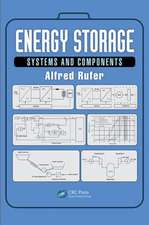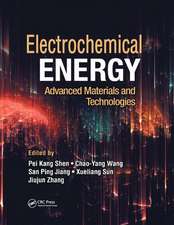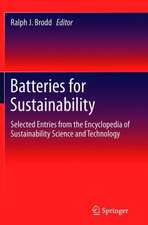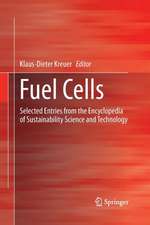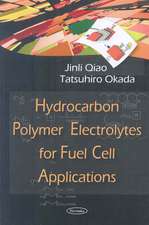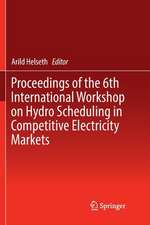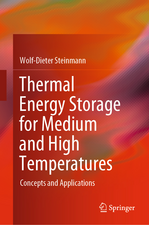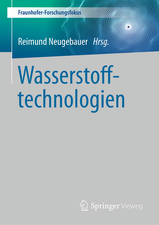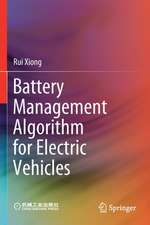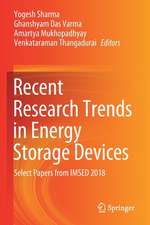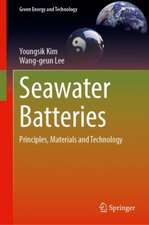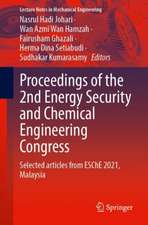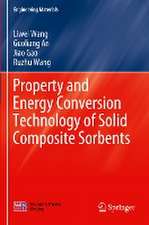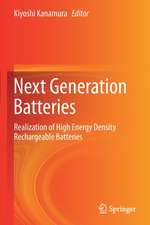Perfluorinated Polymer Electrolyte Membranes for Fuel Cells
Autor Tatsuhiro Okada, Morihiro Saitoen Limba Engleză Paperback – 30 sep 2008
Preț: 226.94 lei
Preț vechi: 309.09 lei
-27% Nou
Puncte Express: 340
Preț estimativ în valută:
43.43€ • 45.17$ • 35.85£
43.43€ • 45.17$ • 35.85£
Carte disponibilă
Livrare economică 22 martie-05 aprilie
Preluare comenzi: 021 569.72.76
Specificații
ISBN-13: 9781604568042
ISBN-10: 1604568046
Pagini: 116
Ilustrații: illus
Dimensiuni: 153 x 229 x 8 mm
Greutate: 0.2 kg
Ediția:New.
Editura: Nova Science Publishers Inc
ISBN-10: 1604568046
Pagini: 116
Ilustrații: illus
Dimensiuni: 153 x 229 x 8 mm
Greutate: 0.2 kg
Ediția:New.
Editura: Nova Science Publishers Inc
Cuprins
Preface; Introduction; Structure Models of Ionomers; Transport Models of Ionomers; Transport Analysis in Perfluorinated Ionomers; Ion and Water Transport Characteristics in Perfluorinated Ionomers: Molecular Interactions; Decisive Factors in Proton Conduction and the Membrane Design and Fuel Cell Control; Conclusion; Index.

